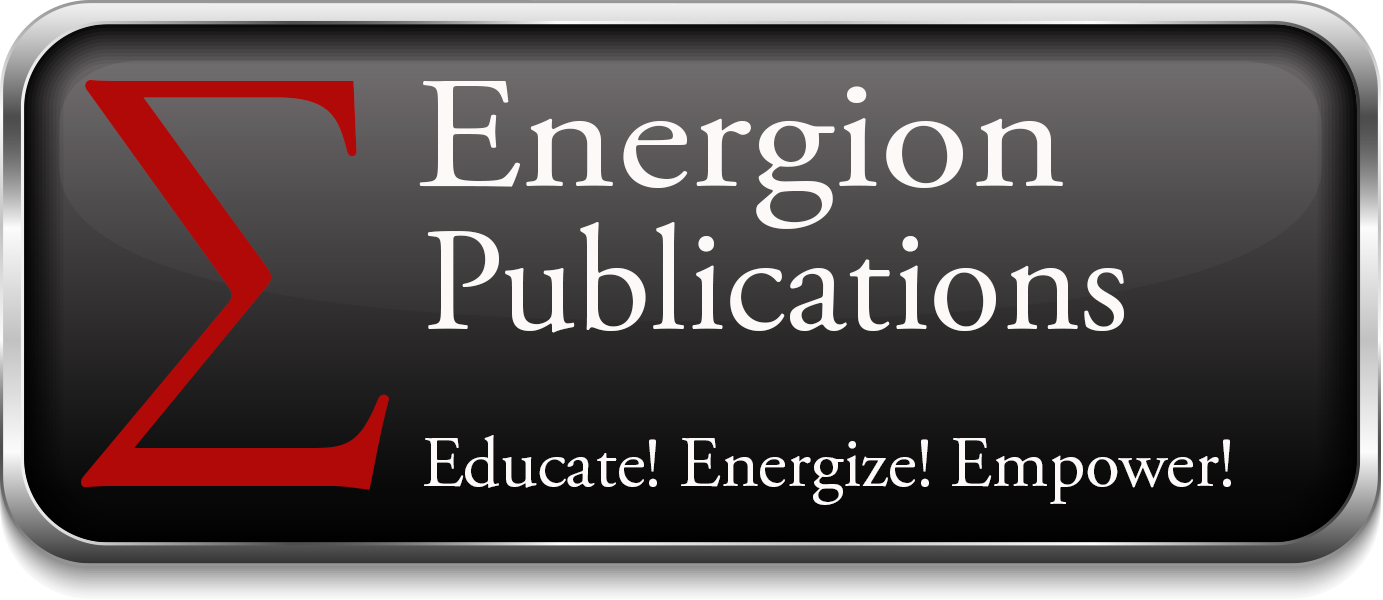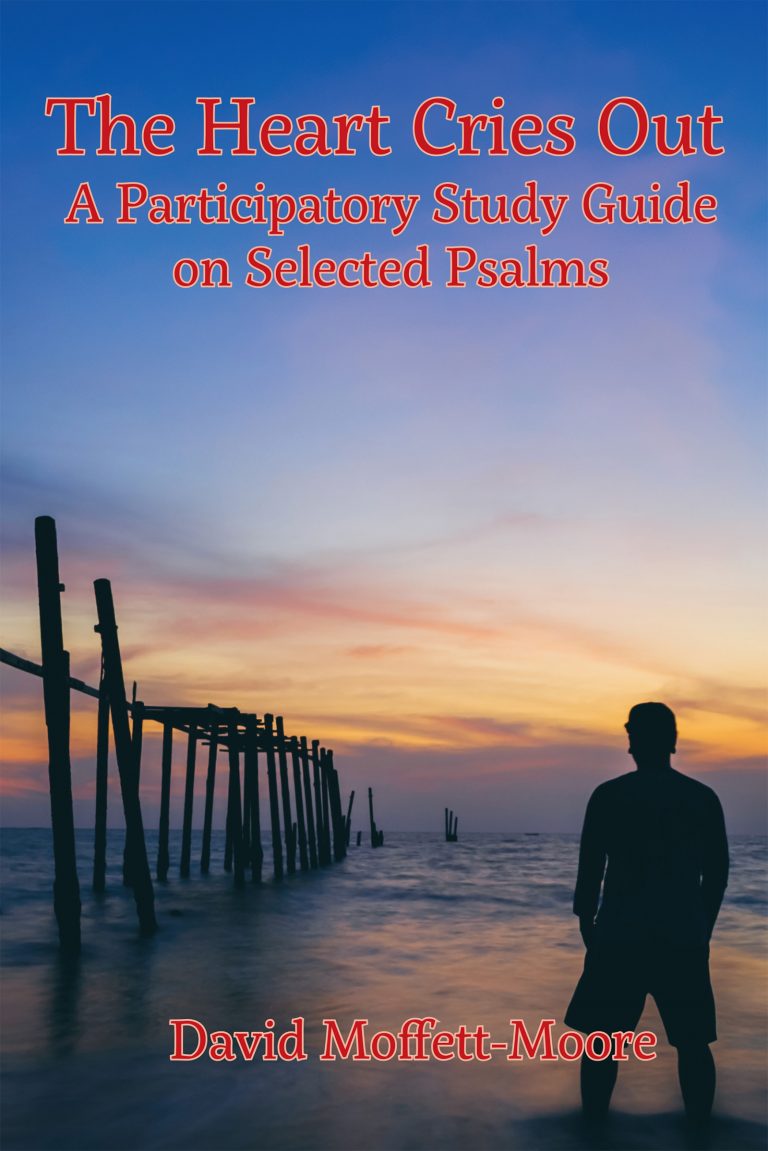Educate!

Energion Publications uses three words for our mission: Educate, Energize, and Empower.
What do we mean by these words? Are they just buzzwords?
When I wrote our current mission statement, my grammar checker informed me that I should reword the statement because it used too many buzzwords. These included the three keywords: Educate! Energize! Empower!
I didn’t change them, because we do mean something in particular. There is a reason, for example, that our keywords are not Indoctrinate! Inoculate! Impel!
In this post, I want to look at the word “educate.” When I was growing up in the church, we had plenty of teaching about what we should and should not do. The idea seemed to be that if you were told to stay off drugs and avoid pre-marital sex enough times, it would eventually stick, and you wouldn’t do those things.
One wonders whether anyone ever read Romans, particularly chapters 6 & 7. Rules don’t motivate people to obey. They just present an expectation. (By the way, contrary to many Wesleyans, I believe Romans 7 does express an active condition of the Christian’s life, not merely a discussion of life before Christ, but that is another topic.)
I had this problem emphasized to me forcefully when my wife and I had a youth group in our own living room, where I was to answer questions they might have about the Bible. We found that very few had any vision of the Christian life. Very few had any hope that their lives could be better. Stay off drugs? Why? My life is going to be a disaster no matter what.
The law couldn’t save those young people. Neither could the teaching of doctrines. What they needed was to find a real sense of hope, of joy, and of purpose. That purpose is not gained through indoctrination. It is not gained through repeated warnings of how bad your life is going to be. As a Christian I believe that sense of purpose comes through knowing Christ. It is Christ’s love that compels (2 Corinthians 5:14) or urges us onward.
Another complaint I hear frequently in the church is that young people, even though they have been raised by “good Christian parents,” tend to leave the church when they leave home, especially if they are going to college. Often the suggested prescription is to do even more to indoctrinate these young people in the TRUTH, so they won’t forget it when they leave home.
I don’t believe indoctrination has ever been a good idea. I don’t mean that we shouldn’t teach doctrines; I’m concerned with how we teach. In the information age you can’t expect to remain the authority forever. If you’ve simply been repeating the things young people must believe, along with the things they must do and those they must not do, you’ll find that the first alternative authority figure can tear down that house of cards. And that authority figure is no further away than your computer connected to the internet.
And don’t even bother to tell me you’re going to control your child’s internet viewing forever. You may think you do, but you don’t.
As a company, can we fix this? I doubt it, though I think we can help give others the tools to help.
When educating, however, the educator provides the learner with the tools for thinking, for understanding, and for deciding. Parents, teachers, and pastors are often afraid of allowing young people to choose for themselves. They might, after all, choose incorrectly! We pay lip service to it, but we don’t practice it.
I’m reminded of a cartoon I saw where the search committee is explaining what they want in a pastor. The summary? “We want a young, energetic, and innovative pastor who will help us stay exactly the same.” I relate that to this: We want young people who are informed and independent, and so educated that they will choose precisely what we plan for them to choose.
Religious education, I believe, involves really understanding not only your faith, but the faith of others. It means not only being able to express the doctrines of your own faith community, but to intelligently discuss what others believe. This is not accomplished by reading a book with a title analogous to “Dangerous Heretics and How to Refute Their False Doctrines” or one entitled “Understanding Various Non-Christians and How to Convert Them.”
This is why we have books written by a variety of people from a variety of denominations, expressing views that some will regard as heretical. The perfect book, for me, was one that was criticized both as too liberal and too conservative. It asked people to think about things they rarely do think about.
In our Participatory Study Series we include study guides by conservative evangelicals, charismatics, Reformed, Baptist, Methodist, United Church of Christ, and so forth. That’s because the best way to understand these various ways of handling scripture is to read scripture alongside someone who holds those views.
I have very definite views I’d like to get across. Some of those are expressed earlier in this very blog post. For example, does Romans 7 describe the life of someone who has come to Christ, or someone who has not yet done so? Does it perhaps say something about the experience of both? I have a definite opinion (both), but it will only be of value to you if you understand the discussion, and come to a conclusion you can own and not just parrot.
I use the first eight verses of Psalm 78 as a kind of ministry mission for myself. Read it. Notice passing on the faith through four generations. If you’ve read 1 & 2 Samuel, 1 & 2 Kings, and/or 1 & 2 Chronicles, you know that maintaining a good relationship with God for four generations was a problem for Israel and Judah.
But the answer is to talk about what God has done from a personal perspective. Recount the deeds of the Lord.
Educate, don’t indoctrinate.







